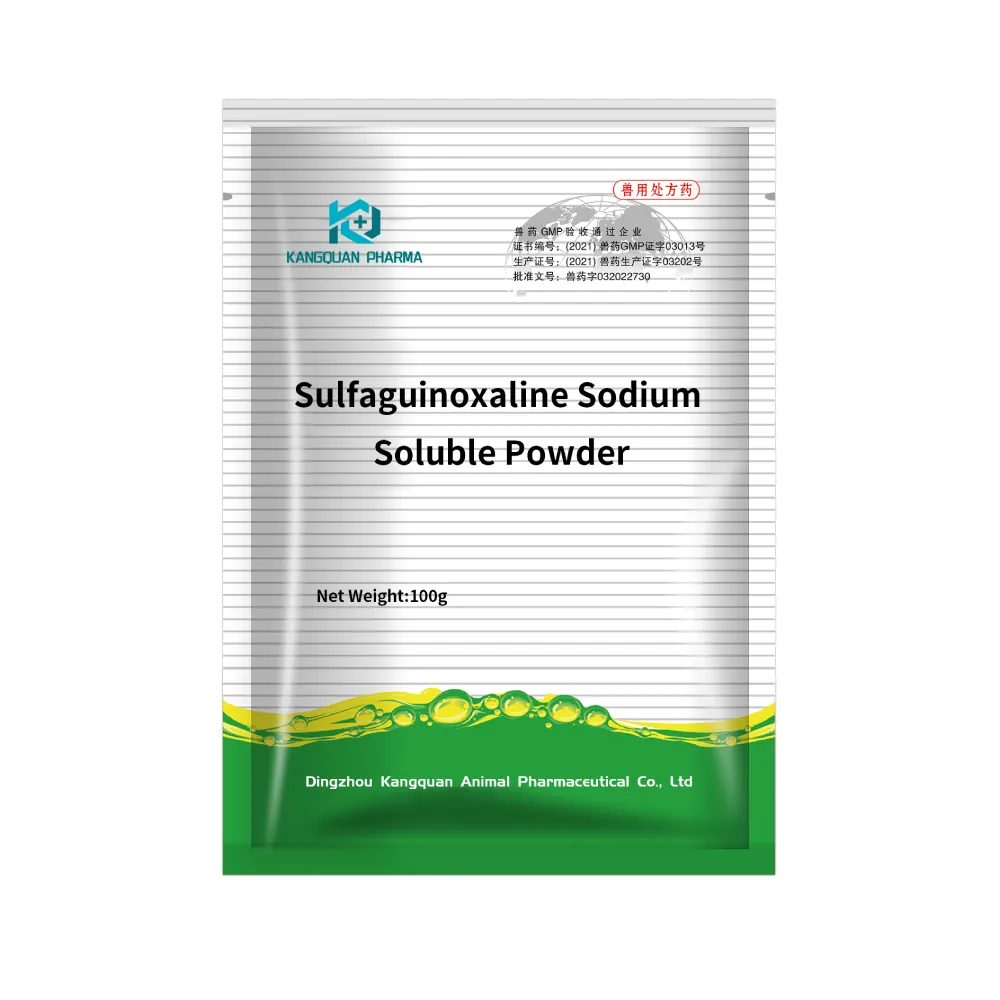- Afrikaans
- Albanian
- Amharic
- Arabic
- Armenian
- Azerbaijani
- Basque
- Belarusian
- Bengali
- Bosnian
- Bulgarian
- Catalan
- Cebuano
- Corsican
- Croatian
- Czech
- Danish
- Dutch
- English
- Esperanto
- Estonian
- Finnish
- French
- Frisian
- Galician
- Georgian
- German
- Greek
- Gujarati
- Haitian Creole
- hausa
- hawaiian
- Hebrew
- Hindi
- Miao
- Hungarian
- Icelandic
- igbo
- Indonesian
- irish
- Italian
- Japanese
- Javanese
- Kannada
- kazakh
- Khmer
- Rwandese
- Korean
- Kurdish
- Kyrgyz
- Lao
- Latin
- Latvian
- Lithuanian
- Luxembourgish
- Macedonian
- Malgashi
- Malay
- Malayalam
- Maltese
- Maori
- Marathi
- Mongolian
- Myanmar
- Nepali
- Norwegian
- Norwegian
- Occitan
- Pashto
- Persian
- Polish
- Portuguese
- Punjabi
- Romanian
- Russian
- Samoan
- Scottish Gaelic
- Serbian
- Sesotho
- Shona
- Sindhi
- Sinhala
- Slovak
- Slovenian
- Somali
- Spanish
- Sundanese
- Swahili
- Swedish
- Tagalog
- Tajik
- Tamil
- Tatar
- Telugu
- Thai
- Turkish
- Turkmen
- Ukrainian
- Urdu
- Uighur
- Uzbek
- Vietnamese
- Welsh
- Bantu
- Yiddish
- Yoruba
- Zulu
8 月 . 13, 2024 07:26 Back to list
Effective Deworming Solutions for Sheep to Ensure Health and Productivity in Livestock Management
Deworming Medicine for Sheep Importance and Best Practices
Deworming is a crucial aspect of sheep husbandry, as internal parasites can significantly impact the health and productivity of these animals. Sheep are particularly susceptible to various types of worms, including gastrointestinal nematodes, liver flukes, and lungworms. Without effective management, these parasites can lead to malnutrition, poor wool production, reduced reproduction rates, and even fatalities. Therefore, employing effective deworming medicine is essential for maintaining the health and productivity of sheep flocks.
Understanding the Need for Deworming
Gastrointestinal nematodes, commonly known as roundworms, are the most prevalent parasites affecting sheep. They consume nutrients from the sheep’s diet and can cause severe health issues such as anemia, weight loss, and diarrhea. Sheep are often exposed to these parasites in pastures, where they can ingest larval forms. Young sheep are particularly vulnerable due to their developing immune systems. Therefore, regular deworming is necessary to break the life cycle of these parasites.
Types of Deworming Medicines
There are several categories of deworming medicines used for sheep, each with varying modes of action. The most common classes include
1. Benzimidazoles This class, which includes drugs like fenbendazole and albendazole, works by inhibiting the metabolism of the worms, ultimately leading to their death. Benzimidazoles are effective against a wide range of gastrointestinal parasites. 2. Macrocyclic Lactones This group includes ivermectin and moxidectin, which paralyze the parasites, allowing the sheep’s immune system to eliminate them. These are often effective against a variety of worms and external parasites like mites and ticks.
3. Probenzimidazoles Compounds such as oxfendazole fall into this category. They are particularly effective against mature and developing nematodes.
deworming medicine for sheep

Choosing the right dewormer depends on various factors, including the type of parasites present, the age and health status of the sheep, and the specific farm conditions.
Deworming Strategies
An effective deworming strategy includes a few key practices
- Regular Monitoring Routine fecal egg counts can help determine the parasite burden in the flock. This allows farmers to tailor deworming programs to the actual needs of their sheep, rather than adhering to a strict schedule that may lead to resistance.
- Rotation of Dewormers To combat the development of resistance, it is essential to rotate between different classes of dewormers. This practice helps ensure that the parasites do not adapt and continue to thrive despite treatment.
- Targeted Treatment Identify which animals are most affected and focus treatment efforts on those individuals. This can be particularly effective for young or pregnant ewes.
- Pasture Management Implementing proper grazing management techniques, such as rotational grazing, can help reduce the exposure of sheep to parasite larvae in the environment.
Conclusion
In summary, deworming is a fundamental practice for maintaining the health and productivity of sheep. By understanding the types of deworming medicines available and implementing effective management strategies, sheep farmers can significantly reduce the impact of parasites on their flocks. Regular monitoring and customized treatment plans will not only enhance the welfare of the sheep but also improve overall farm productivity, leading to a more sustainable and profitable operation.
-
The Power of Radix Isatidis Extract for Your Health and Wellness
NewsOct.29,2024
-
Neomycin Sulfate Soluble Powder: A Versatile Solution for Pet Health
NewsOct.29,2024
-
Lincomycin Hydrochloride Soluble Powder – The Essential Solution
NewsOct.29,2024
-
Garamycin Gentamicin Sulfate for Effective Infection Control
NewsOct.29,2024
-
Doxycycline Hyclate Soluble Powder: Your Antibiotic Needs
NewsOct.29,2024
-
Tilmicosin Premix: The Ultimate Solution for Poultry Health
NewsOct.29,2024













